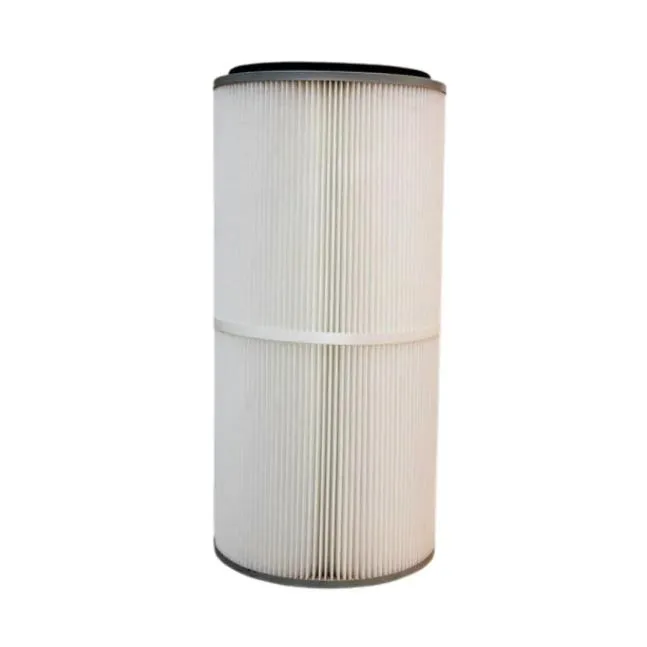 Tel:
+8618931101301
Tel:
+8618931101301
lis . 07, 2024 09:13 Back to list
Optimizing Air Intake Filters for Enhanced Gas Turbine Performance and Efficiency
Importance of Air Intake Filters in Gas Turbine Systems
Gas turbines are integral components of modern power generation and various industrial applications. These turbines convert energy from fuel into mechanical energy, which can then be transformed into electrical energy. Among the various components that influence the efficiency and performance of gas turbines, air intake filters play a critical role. This article delves into the significance of air intake filters in gas turbine systems and their impact on operational effectiveness.
The Role of Air Intake Filters
Air intake filters serve as the first line of defense for gas turbines against contaminants present in the environment. These contaminants include dust, dirt, debris, and even moisture, which can adversely affect the performance of the turbine. By filtering out these harmful particles, air intake filters help maintain the quality of air entering the turbine, ensuring that it operates under optimal conditions.
Preventing Damage
One of the primary reasons for using air intake filters is to prevent damage to the turbine's components. Contaminants can cause abrasive wear on the blades, leading to erosion and a decrease in efficiency over time. By mitigating the entry of such particles, air filters prolong the life of the turbine and reduce maintenance costs. Regularly maintaining and replacing filters is essential to ensure that they effectively perform this protective role.
Enhancing Efficiency
gas turbine air intake filter

The efficiency of a gas turbine is significantly influenced by the quality of the air it processes. Clean air allows for better combustion, which translates to improved thermal efficiency and power output. Conversely, a buildup of particulates in the intake system can restrict airflow and reduce efficiency. High-quality air intake filters ensure that the turbine receives clean, sufficient airflow, thus maximizing energy conversion and overall performance.
Types of Air Intake Filters
There are various types of air intake filters used in gas turbine systems, including synthetic fiber filters, fiberglass filters, and fine mesh screens. Each type has specific characteristics and benefits, depending on the application and environmental conditions. For instance, synthetic filters are often preferred in harsh environments due to their durability and superior filtration capabilities. On the other hand, fiberglass filters are effective for situations where high dust holding capacity is essential.
Maintenance Considerations
To ensure the longevity and effectiveness of air intake filters, regular maintenance is paramount. This involves monitoring filter pressure drop, cleanliness, and replacement intervals. A pressure drop that exceeds normal levels can indicate that the filter is clogged and needs to be changed. Neglecting this maintenance can result in reduced efficiency and increased operational costs.
Conclusion
In summary, air intake filters are vital components in gas turbine systems, serving to protect the machinery from damaging particles while enhancing efficiency and performance. The reliable operation of these filters is essential for the longevity of the turbine and the reduction of maintenance costs. As the demand for energy continues to grow, optimizing the performance of gas turbines through effective air filtration will become increasingly important. Investing in high-quality air intake filters and adhering to a rigorous maintenance schedule can significantly contribute to achieving operational excellence in gas turbine applications.
-
Working principle of high-efficiency dust filter elementNewsJun.26,2025
-
The truth about washable filters: Does repeated use really not affect efficiency?NewsJun.25,2025
-
Effect of humidity on the performance of activated carbon filter elementsNewsJun.24,2025
-
Material selection considerations for dust removal filter elements under high temperature conditionsNewsJun.23,2025
-
Cold knowledge of air filters: Why are some designed to be pleated?NewsJun.16,2025
-
Factory direct supply! High-precision air filter element wholesale and customizationNewsJun.12,2025

 Email:
Email:





